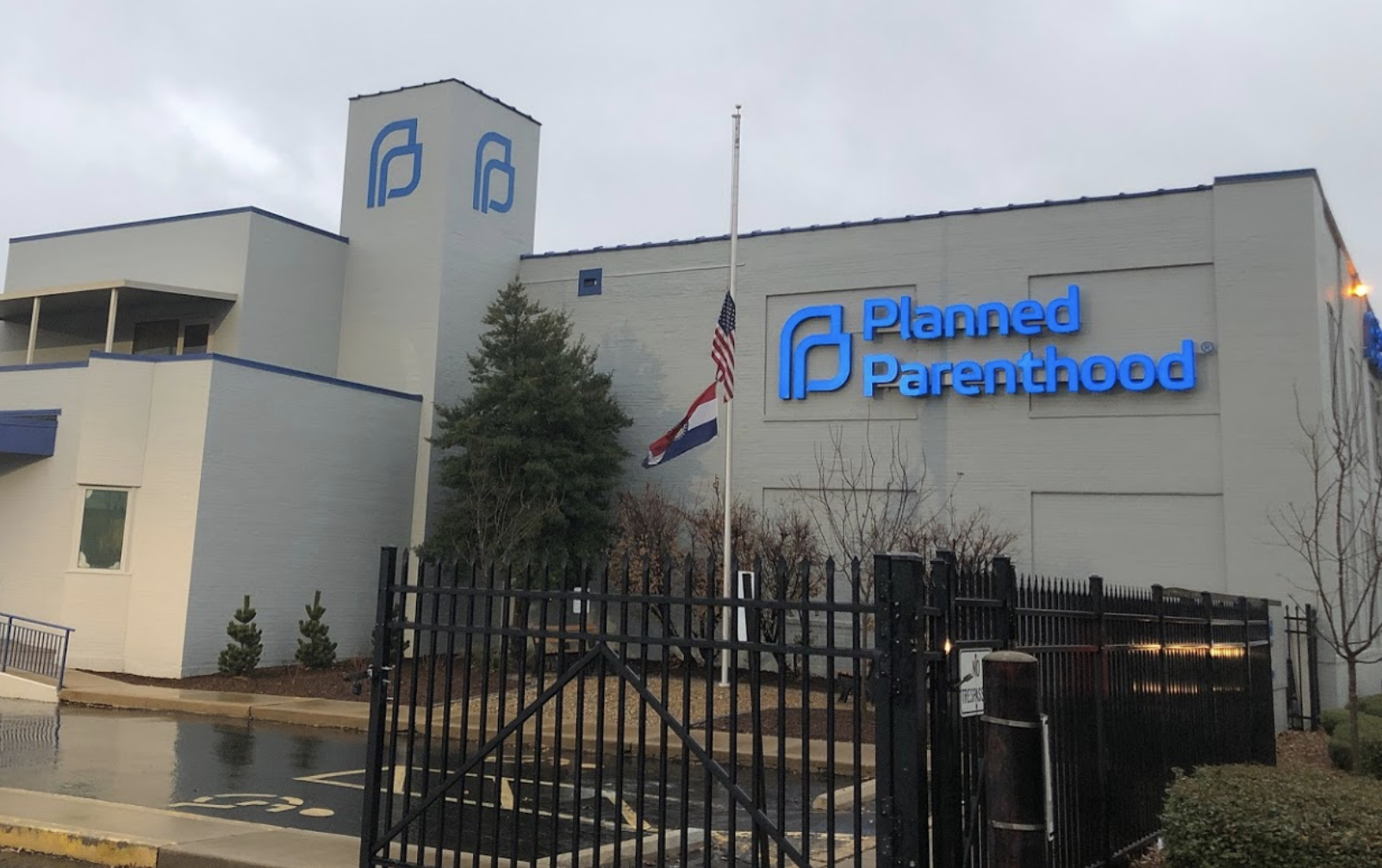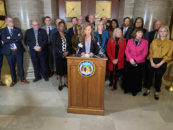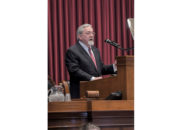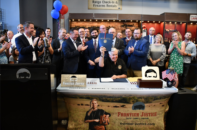The U.S. Supreme Court will not hear Missouri’s abortion law case at this time, though it may after a federal appeals court issues its ruling.
The law, which bans abortions at eight weeks and prohibited abortions based on a Down syndrome diagnosis, is before the Eighth Circuit Court of Appeals, which heard arguments last month.
“We’re optimistic that the court will rule in our favor,” Chris Nuelle, a spokesperson for Schmitt, said. “Since the United States Supreme Court retains the ability to hear this case following the Eighth Circuit’s review, we will continue to fight for life at every level and every court.”
Campaign Life Missouri Director Samuel Lee said the case couldn’t be heard by the high court without the Eighth Circuit’s decision. He expected the appeals court to side with Attorney General Eric Schmitt.
“We are hopeful that the appeals court upholds HB 126, and it is Planned Parenthood that would have to appeal the case to the Supreme Court, not Attorney General Schmitt,” Lee told The Missouri Times.
HB 126, signed into law by Gov. Mike Parson in 2019, included “nestled” components placing additional restrictions at 14, 18, and 20 weeks and did not allow for exemptions for rape or incest survivors. Violation of the measure would be a class B felony.
Reproductive Health Services of Planned Parenthood of the St. Louis Region, the sole abortion provider left in Missouri, initially sued, prohibiting HB 126 from going into effect. The clinic’s lawyers argued the law constituted a ban in the state and violated precedents set by the U.S. Supreme Court.
“We believe reproductive health care decisions are personal and should be made by individuals, not politicians,” the clinic said in a previous joint statement with the ACLU of Missouri. “Attorney General Eric Schmitt’s job is to defend Missourians’ constitutional rights. Instead, he’s abusing his office to advance his own political interests and personal beliefs. We’ll continue fighting for every Missourian — no matter your race, creed, politics, income, identity — to access basic health care including abortion care.”
A federal judge blocked the bill from being implemented the day before it was set to go into effect in 2019, a decision that was appealed to the Eighth Circuit. A three-judge panel stymied the law in June, upholding the injunction based on the state’s argument that the language constituted bans on abortion.
Schmitt appealed the decision to the U.S. Supreme Court the following month. However, in a rare move, the appellate court granted a rehearing en banc on its own motion, meaning it would rehear the case as a full court.
The fate of abortion across the nation hangs in the balance as a pending Mississippi law awaits consideration by the U.S. Supreme Court. Approval of the law, which sought to ban abortions after 15 weeks, would essentially overturn the 1973 landmark case Roe v. Wade, which set the standard 24-week window in federal abortion policy.
Missouri officials, including Parson and members of Missouri’s congressional delegation, have urged the court to side with Mississippi in the case and allow states to exercise control over abortion policies.
The Mississippi case is scheduled for a hearing in December.

Cameron Gerber studied journalism at Lincoln University. Prior to Lincoln, he earned an associate’s degree from State Fair Community College. Cameron is a native of Eldon, Missouri.
Contact Cameron at cameron@themissouritimes.com.
















































